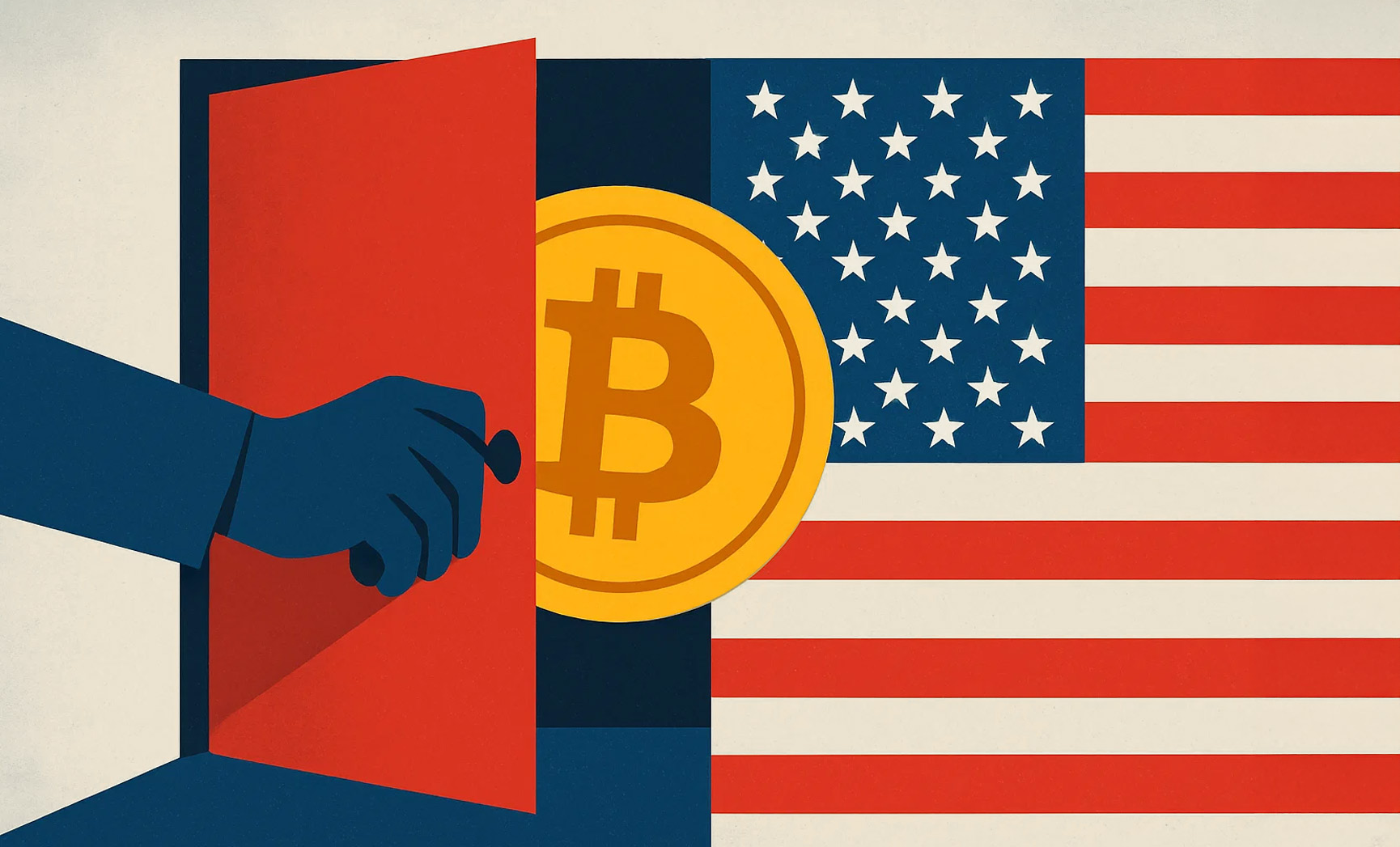A Turning Point in U.S. Crypto Regulation

In mid‑July 2025, the House of Representatives passed three landmark bills affecting the future of digital assets:
- GENIUS Act (Guiding and Establishing National Innovation for U.S. Stablecoins)
- Digital Asset Market CLARITY Act
- Anti‑CBDC Surveillance State Act
Collectively, these mark the most significant legislative effort to date to bring structure to the American crypto landscape.
GENIUS Act: Federal Framework for Stablecoins
After the Senate approved the GENIUS Act in June by a vote of 68–30, the House passed it 308–122. Now it awaits President Trump’s signature (The Washington Post.)
This Act establishes the first federal rules for private-party stablecoins. It mandates 100% U.S. dollar reserves, regular audits, and disclosures, while confirming federal and state regulatory oversight.
Advocates, including major banks like JPMorgan and Citi, see this as stabilizing a market that exceeds $200 billion, and essential for digital payments innovation.
CLARITY Act: Defining the Roles of SEC and CFTC
The CLARITY Act passed in the House 294–134 and now heads to the Senate.
Its purpose is to resolve longstanding uncertainty over which agency—the SEC or CFTC—regulates various digital assets. The bill codifies that asset classification hinges on use case (e.g., securities vs. commodities) and sets jurisdictional boundaries.
Industry figures like the Crypto Council for Innovation and the National Cryptocurrency Association applaud it for bringing clarity and confidence to entrepreneurs and consumers.
Anti‑CBDC Surveillance State Act: No Fed Digital Dollar
Passed narrowly (219–210) in the House, this bill prohibits the Federal Reserve from issuing a central bank digital currency (CBDC), citing privacy and surveillance concerns.
Leading proponents, such as Rep. Tom Emmer, have emphasized fears that a Fed-issued digital dollar could grant the government undue visibility into citizens’ financial lives.
While it passed on party lines, Democrats voiced strong objections—Sen. Himes criticized the premise that surveillance via CBDC is inherently foreign and dystopian.
Washington Drama & Stakes
House Republicans stalled votes for over nine hours in a procedural deadlock after hardliners demanded a specific CBDC ban be added to the GENIUS Act. Speaker Mike Johnson and Trump intervened, ultimately linking the Anti‑CBDC measure to the National Defense Authorization Act to win support.
Trump has endorsed all three bills, calling the GENIUS Act “a key piece” of his America First and crypto‑friendly agenda. (ABC)
Market Response and Criticism
Markets reacted modestly. Bitcoin hovered around $118K–$123K after hitting an all-time high, while Ethereum was near $3,400 Analysts predict initial rallies may fade once the novelty wears off.
Critics worry the CLARITY Act and GENIUS Act may enable a "shadow banking" permissionless approach to stablecoins and digital asset lending without protections typical of traditional banks. Senator Elizabeth Warren and the Independent Community Bankers Association have flagged these concerns (Investors)
Others raise questions about potential personal gain by Trump-aligned ventures, who may benefit from stablecoin frameworks.
What Happens Next
- GENIUS Act: Now in Trump’s hands; expected to be signed into law this week.
- CLARITY Act and Anti‑CBDC Act: Both move to the Senate, where they may be revised or merged before approval.
- Implementation and Rule‑making: Agencies like the Federal Reserve, SEC, and Treasury would begin drafting regulations and operational frameworks.
Broader Implications
These bills collectively aim to establish the U.S. as a global hub for crypto innovation, addressing three major friction points: stablecoin regulation, asset-class clarity, and resistance against central bank-issued digital currencies.
That said, much hinges on Senate receptivity and the details of regulatory execution. The final rules—reserve enforcement, asset definitions, consumer protections—will determine whether the legislation empowers or unwittingly endangers investors.
Conclusion
The U.S. House has taken a historic step in clarifying and supporting digital assets. The GENIUS Act could bring stablecoins into the mainstream payments ecosystem. The CLARITY Act promises to dismantle regulatory ambiguity that has hampered innovation. The Anti‑CBDC bill reflects strong concerns about privacy and government power in digital finance.
But questions remain. Will these laws protect consumers, or will they tilt power toward entrenched financial interests? Will the Senate take up both the CLARITY and Anti‑CBDC bills before recess? What safeguards will accompany these frameworks?
Over the next weeks, Washington and the crypto market will be watching closely.
















